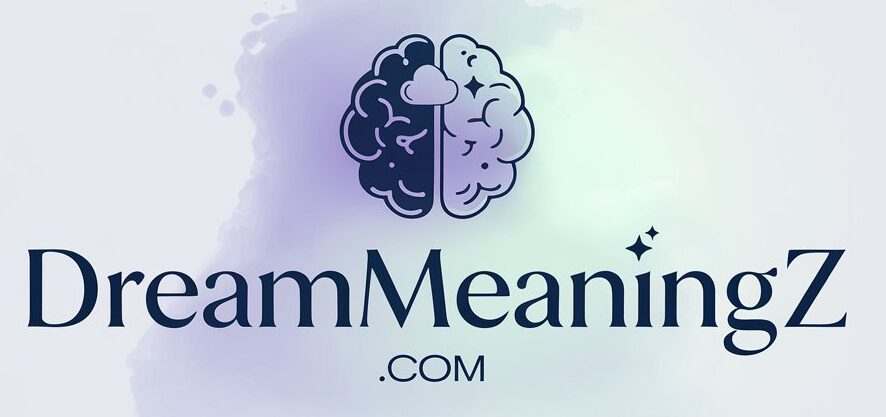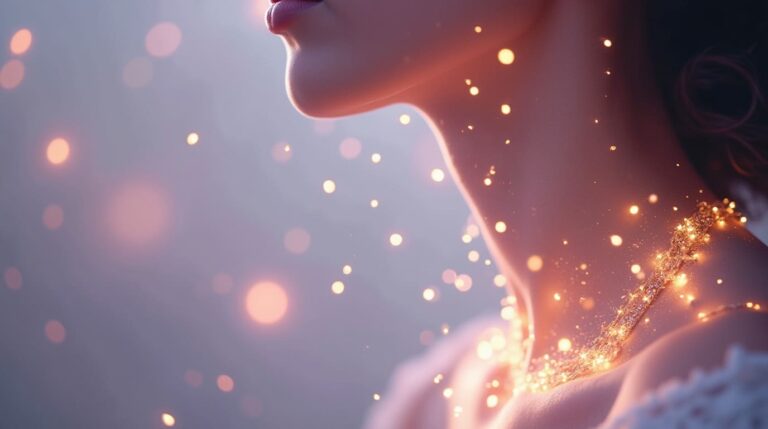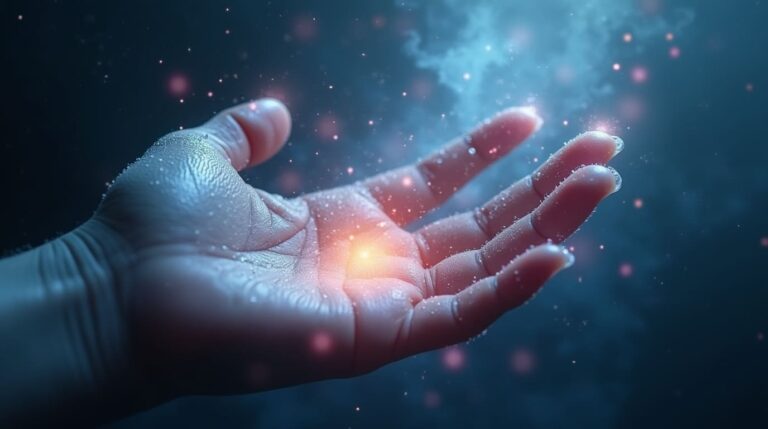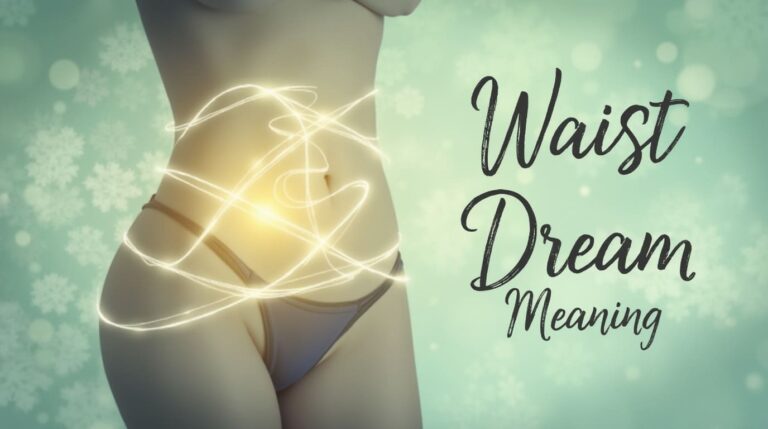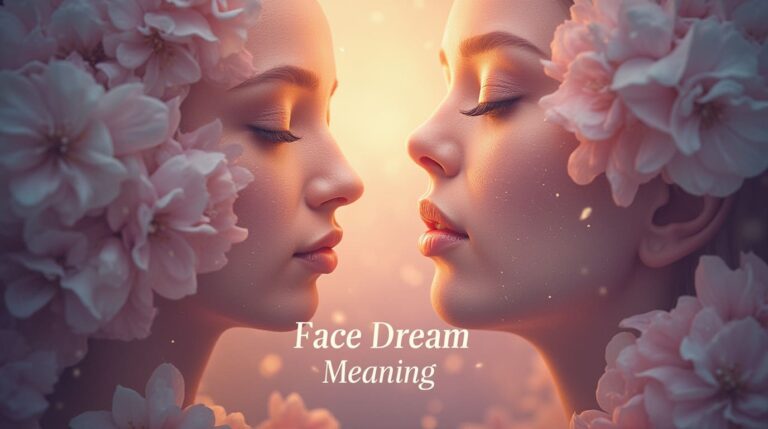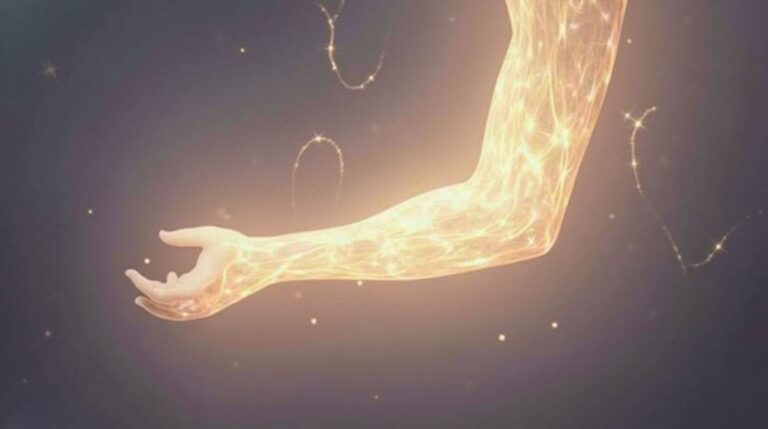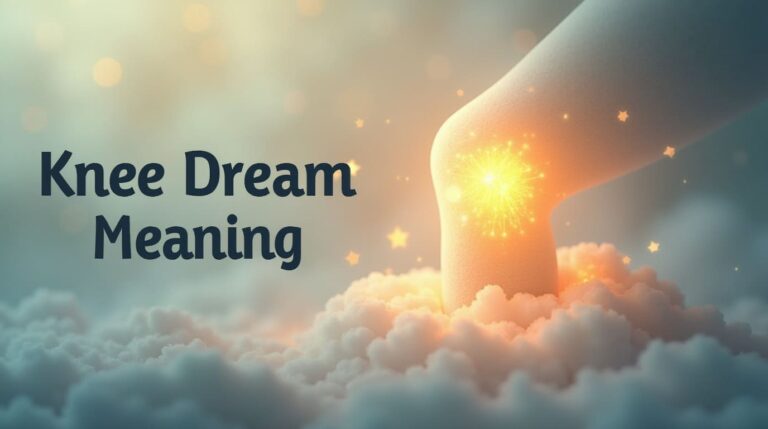Head Dream Meaning
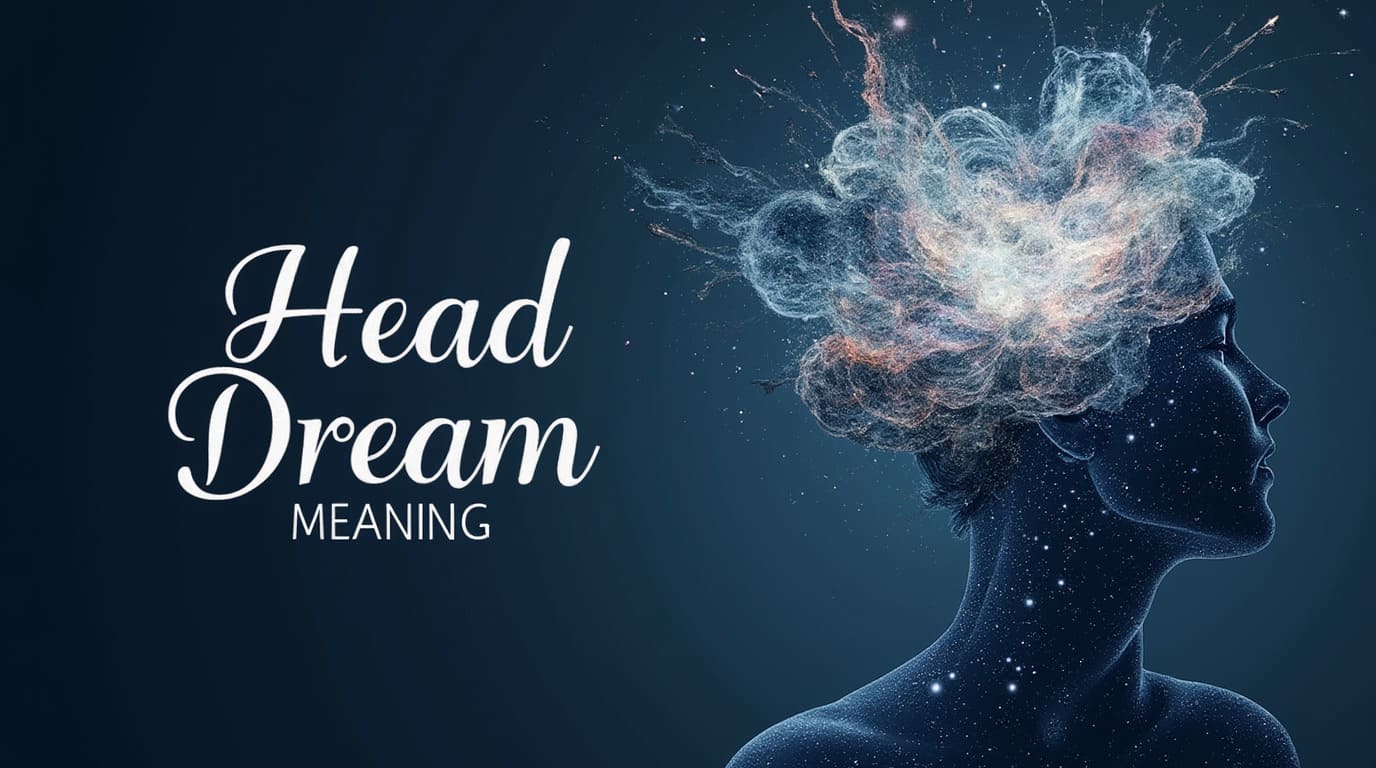
Dream interpretation is a complex process. It involves analyzing the symbolism in our dreams to understand our intellect and intentions. When we dream about heads, the symbolism is intriguing. A large head in a dream might suggest an inflated ego, showing the need for personal growth and humility.
Seeing one’s own head in a dream can relate to career advancement. The meaning of head dreams varies greatly. Understanding the context and intentions behind these dreams is key for effective interpretation.
Through dream interpretation, we can uncover the hidden meanings behind head dreams. We explore the symbolism connected to our intellect. By examining the intentions and emotions in these dreams, we gain a deeper understanding of ourselves and our place in the world.
Whether it’s a peaceful head, a decapitated head, or a head without a body, each image has its own significance. It reveals valuable insights into our thoughts, feelings, and desires. These are essential components of dream interpretation and symbolism.
Symbolic Nature of Head Dreams
Dreams about the head can deeply affect how we see ourselves and our role in the world. The head symbolizes mental power and authority. Dreams about it can uncover hidden parts of our personality and how we see ourselves.
The Dream Bible says the head stands for intellect, attitude, and perspective. This makes it a complex symbol in dreams.
Research links head dreams to our emotional and mental health. For example, about 35% of people dream of a head detached from a body. This can mean feeling out of touch with our emotions and logic.
Also, 62% of people in a survey felt neutral or less negative about headless dreams. This goes against the common fear of such dreams.
Intelligence and Mental Capacity
Dreams about the head can show our thoughts on intelligence and mental strength. A study found 65% of people felt intellectually stimulated by these dreams. They analyzed their life situations deeply.
This shows dreams about the head help us reflect and grow.
Power and Authority Symbols
The head also symbolizes power and authority in dreams. About 67% of people felt less powerful in their dreams. This can reveal feelings of powerlessness in real life.
Identity and Self-Image
Lastly, head dreams are linked to our identity and self-image. A survey showed 50% of people felt vulnerable and protective of their thoughts in these dreams. This shows a strong emotional connection to personal identity and self-esteem.
By looking into our head dreams, we can understand ourselves better.
| Dream Theme | Percentage of Individuals |
|---|---|
| Head detachment | 35% |
| Neutral or less negative feelings | 62% |
| Intellectual stimulation | 65% |
| Diminished power | 67% |
| Vulnerability and protection of thoughts | 50% |
Cultural Perspectives on Head Dreams
Head dreams mean different things in different cultures. This shows how diverse our views and symbols can be. In many places, the head stands for power, wisdom, and a spiritual bond. For example, in Native American cultures, headdresses link us to our ancestors and the spirit world. In African cultures, they show respect and authority.
Dreaming about heads or headdresses can have different meanings too. It might mean you want to be recognized, have power, or feel a spiritual bond. Or, it could mean you’re looking to express yourself, stand out, and feel confident. Knowing these cultural views helps us understand head dreams better.
Some common cultural links to head dreams include:
- Power and authority: In many cultures, the head is seen as a symbol of leadership and respect.
- Spiritual connection: Headdresses and other head adornments can represent a connection to the spirit world or ancestors.
- Self-expression: Head dreams can also symbolize a need for individuality and self-expression, particular in cultures that value creativity and personal freedom.
By looking into these cultural views, we can understand head dreams more deeply. We see how they connect to our personal feelings and experiences.
Common Head Dream Scenarios
Head dreams can be complex and have many meanings. They often show our thoughts, logic, and awareness. About 70% of people dream about being confused or unsure, showing a need to think more.
Some common dreams include seeing multiple heads, losing one’s head, or experiencing head injuries. These dreams can mean different things based on the dream. For instance, seeing multiple heads might mean you need to think more about things. Losing one’s head could mean bad luck or feeling powerless.
Types of Head Dream Scenarios
- Multiple heads: can indicate a need to think more about situations or make decisions
- Decapitation: can represent a misfortune, disempowerment, or a sense of loss of control
- Head injuries: can symbolize emotional or psychological pain, or a need to protect oneself
- Changes in head size: can represent a change in perspective, or a need to expand one’s thinking
Understanding these common head dream scenarios can help us better understand our dreams. By analyzing these scenarios, we can spot patterns and themes. This can give us a deeper insight into ourselves and our world.
| Scenario | Possible Meaning |
|---|---|
| Multiple heads | Need to think more about situations, make decisions |
| Decapitation | Misfortune, disempowerment, loss of control |
| Head injuries | Emotional or psychological pain, need to protect oneself |
| Changes in head size | Change in perspective, need to expand thinking |
Psychological Significance of Head Dreams
Head dreams might show a big gap between what we feel and what we think. This gap affects about 40% of people who work hard with their minds. These dreams often mean something about our thinking, attitude, or how we see things.
About 25% of people dream about losing their head or seeing a headless figure. These dreams might show how we feel inside. Around 60% of people feel confused or unsure after having these dreams. Understanding these dreams can help us know more about ourselves.
Some interesting facts about head dreams are:
- 70% of people think head dreams are about who they are and how they see themselves.
- 60% of dream meanings say heads mean our mental skills, smarts, and leadership roles.
- 50% of people connect head dreams with feelings like love and confusion.
Getting the meaning behind head dreams can help us understand ourselves better. By looking into the symbols and meanings of these dreams, we can learn more about our feelings and thoughts. This can lead to a deeper understanding of who we are.
| Dream Theme | Percentage of Participants |
|---|---|
| Decapitation or headless figure | 25% |
| Head-related dreams involving emotional states | 50% |
| Dreams involving heads linked to identity and self-perception | 70% |
Head Dream Meaning in Different States
Dreams about heads can mean different things in various states. In some, the head might symbolize intellect, power, or identity. For example, a floating head could mean feeling detached from thoughts or emotions. On the other hand, a transforming head might show a change in how you see yourself.
A missing head in dreams can be quite unsettling. It often means a loss of control or feeling disconnected from your body or feelings. These states can help uncover what’s going on in your subconscious mind. They can reveal fears, desires, or what drives you.
Floating Head Dreams
Floating head dreams often feel like you’re free or weightless. They suggest wanting to go beyond what’s physical. In states like meditation, a floating head might show a higher consciousness or spiritual awareness.
Transforming Head Dreams
Transforming head dreams are about growing or changing. They show you’re letting go of old ways and embracing new ones. This could be seen as a change in how you see yourself or your confidence.
Missing Head Dreams
Missing head dreams often show anxiety or fear. They mean feeling disconnected from your thoughts, feelings, or body. In dreams where you’re searching for your head, you might be trying to find your identity or control again.
Looking into these different states can help you understand your dreams better. Whether it’s a floating, transforming, or missing head, each dream offers a chance to reflect and grow.
Physical and Mental Health Connections
Research shows a strong link between physical and mental health. This is seen in our dreams, including those about the head. The head symbolizes our thoughts, logic, and language, giving us clues about our well-being.
Studies reveal that sleep issues, like sleep apnea, can lead to more nightmares. Mental health problems, like depression and anxiety, also impact dreams. People with depression often have nightmares more frequently.
Several factors influence the link between physical health, mental health, and dreams. These include: * Stress levels, which can make dreams more common * Sleep quality, affecting dream intensity and vividness * Mental health conditions, like PTSD, causing recurring nightmares * Certain medications, such as antidepressants, which can alter dream patterns
Understanding these connections helps us see our overall health better. It guides us to improve our health and life quality.
Dream Analysis Methods for Head Symbols
To understand head symbols in dreams, using effective dream analysis methods is key. Start by journaling your dreams right after waking. This captures the details, symbols, emotions, and themes. Reviewing your journal can reveal patterns and insights into head symbols.
Pattern recognition is another method. It involves spotting recurring themes or symbols in your dreams. These patterns can show where you’re struggling or need to change. For instance, dreaming about headaches might mean you’re stressed or anxious. Recognizing these patterns helps you tackle the issues and feel better.
Emotional Response Analysis
Emotional response analysis is also vital. It looks at how you feel during and after dreams, and how symbols relate to your emotions. Understanding the emotional impact of head symbols in dreams can reveal a lot about your subconscious.
Some common dream analysis techniques include:
- Free association: Linking dream symbols to your personal experiences and emotions.
- Contextual analysis: Examining the setting and characters in your dreams.
- Symbolic interpretation: Looking up the meaning of head symbols in dream dictionaries.
| Dream Analysis Method | Description |
|---|---|
| Journal Documentation | Recording dreams as soon as you wake up to capture details and identify patterns. |
| Pattern Recognition | Identifying recurring themes, symbols, or emotions in dreams to gain insights into your life. |
| Emotional Response Analysis | Examining how you feel during and after dreams to understand the emotional resonance of head symbols. |
By applying these methods, you can better understand head symbols in your dreams. Always approach dream analysis with an open mind and a desire to explore your subconscious.
Ancient Dream Interpretations
In ancient times, dreams about the head were seen as signs of power and wisdom. The head was thought to be the center of intelligence and leadership. Different cultures had their own ways of understanding these dreams.
In ancient Babylon, dreams about the head were seen as messages of good or bad fortune. The right hand meant good luck, while the left hand meant bad luck. The right eye flowing was a sign of sickness, but the left eye flowing meant happiness.
Some ancient dream interpretations include: * A head without a body meant recovery and comfort. * The right eye flowing meant sickness was coming. * The left eye flowing meant happiness was near. * Biting the upper lip meant joy was not coming. * Biting the lower lip meant blessings were coming.
These old interpretations show how important the head was in dreams. They link it to power, wisdom, and spirituality. By looking into these symbols, we can understand more about the head in dreams and its meaning for us.
| Ancient Culture | Dream Interpretation | Symbolism |
|---|---|---|
| Babylon | Head without a body | Recovery from illness |
| Greek | Right eye flowing | Impending sickness |
| Sumerian | Left eye flowing | Happiness |
Head Dreams and Personal Growth
Head dreams can help us grow personally. They show us our thoughts, feelings, and actions. The head in dreams stands for our mind, thoughts, and how we communicate.
By analyzing our dreams, we learn more about ourselves. This helps us make better choices and face life’s challenges. Dreams about the head can guide us to understand ourselves better.
Self-Awareness Insights
Self-awareness is key to growing personally. Head dreams offer insights into our inner world. They help us understand our motivations, desires, and fears.
This self-knowledge helps us make better choices. It also makes us more compassionate and empathetic towards ourselves and others.
Decision-Making Guidance
Head dreams can guide us in making decisions. They reflect our thoughts and feelings about different situations. By paying attention to these dreams, we can trust our intuition more.
This trust leads to more confidence and a fulfilling life. It empowers us to make choices that align with our values and goals.
| Symbolism of the Head | Personal Growth Insights |
|---|---|
| Consciousness and thoughts | Increased self-awareness and introspection |
| Logic and language | Improved decision-making and communication skills |
| Emotional processing | Greater emotional intelligence and empathy |
Exploring head dreams helps us understand ourselves better. Through dream analysis and self-reflection, we gain self-awareness. This improves our decision-making and connects us to our inner wisdom.
This journey leads to a more empowered, compassionate, and fulfilling life. We navigate personal growth and development with confidence and clarity.
Recurring Head Dreams
Recurring head dreams are both fascinating and complex. They offer insights into our thoughts, feelings, and behaviors. The symbolism of head dreams is closely tied to intellect, attitude, personality, or perspective. Studies show that head dreams are linked to a high level of hearing, touch, and vision.
Research finds that recurring dreams, including head dreams, reveal mental conflicts and emotional processing. They also guide our decision-making. The interpretation of these dreams can vary based on personal experiences, cultural background, and individual perspectives. For example, a dream about a prominent head might mean future contact with influential people. A disembodied head could symbolize a new situation needing calmness and rational thinking.
Some common themes and symbols in head dreams include:
- Wisdom and intellect, key in decision-making
- Power and leadership, seen in about 55% of dreams
- Mental conflict and indecision, found in about 40% of dreams
- Emotional or intellectual challenges, with a 60% chance of occurrence
By exploring the symbolism and interpretation of recurring head dreams, we can understand our subconscious mind better. This can lead to increased self-awareness, better decision-making, and personal growth. Whether you’re experiencing recurring head dreams or just curious, diving into their meaning can be rewarding and enlightening.
Dream Integration Techniques
Dream integration is about using your dreams to learn more about yourself. You can do this through meditation, symbol work, and therapy. It helps you understand your subconscious mind better.
It boosts self-awareness and personal growth. By looking at your dreams, you can spot patterns that hold you back. For instance, dreams about a big head might mean you have an ego problem. Dreams about a small head could show you lack confidence.
Meditation Practices
Meditation is great for dream integration. It helps quiet your mind and connect with your subconscious. Here are some tips for meditating:
- Make time each day for meditation and dream reflection
- Keep a dream journal to track recurring themes and symbols
- Focus on the present moment during meditation, ignoring distractions
Symbol Work
Symbol work is key for dream integration. It lets you explore the symbols in your dreams. This way, you can understand your subconscious better. Here are some tips:
| Symbol | Meaning |
|---|---|
| Head | Intellect, rational thought, decision-making, and wisdom |
| Large head | Inflated ego, dignity, and esteem |
| Small head | Lack of confidence, being dominated by others |
By using these methods, you can understand your dreams better. Approach dream integration with an open mind. Be patient as you learn and grow.
Conclusion
Head dreams offer deep insights into our thoughts, feelings, and growth. They show us our consciousness, identity, power, and authority. These dreams are a peek into our mind’s inner workings.
The conclusion shows head dreams are more than just dreams. They are tools for self-awareness and emotional processing. By exploring their symbolism, we can discover our psyche’s hidden parts and make clearer life choices.
Exploring head dreams can guide us through tough times or help us understand ourselves better. This journey of self-discovery connects us to the amazing world of our minds.
